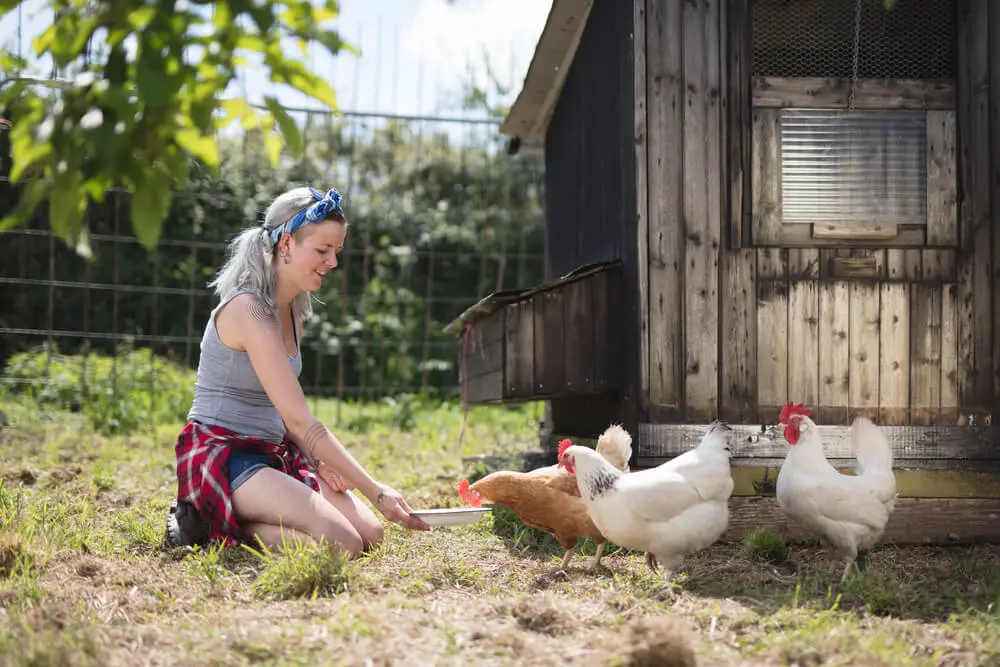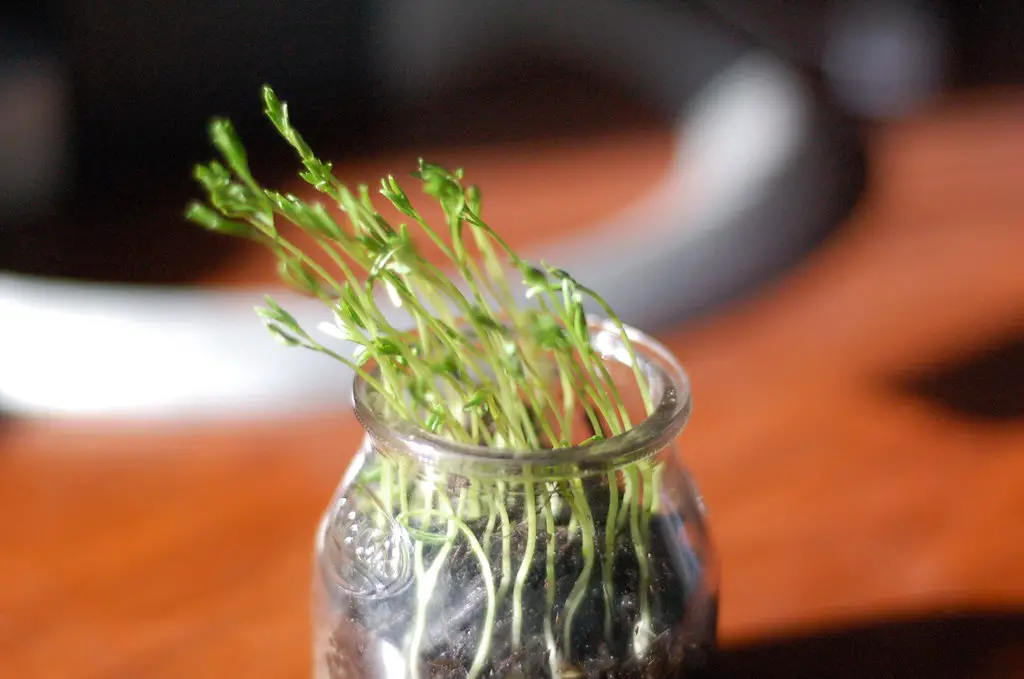If you’re looking for a way to provide your backyard chickens with a nutritious treat, sprouted lentils are an excellent option.
Not only are they packed with vitamins and minerals, but they’re also easy to grow at home.
In this article, we’ll walk you through the process of sprouting lentils for your chickens in just three easy steps.
Step 1: Gather Your Materials
Before you can begin sprouting lentils, you’ll need to gather a few supplies. Here’s what you’ll need:
- Lentils: Look for lentils that are labeled for sprouting, as these will have a higher germination rate.
- A container: You can use a jar or a sprouting tray, depending on your preference.
- Water: Filtered or bottled water is best, as tap water can contain chemicals that may inhibit sprouting.
- Cheesecloth or a sprouting lid: This will help you drain the water from your lentils and prevent them from getting too wet.
Step 2: Soak Your Lentils
Once you have your materials, it’s time to get started. Begin by measuring out your lentils and placing them in your container. Add enough water to cover the lentils by a few inches and let them soak for 8-12 hours.
This will help to soften the lentils and kickstart the sprouting process.
Step 3: Sprout Your Lentils
After the soaking period is complete, drain the water from your lentils and rinse them thoroughly.
Place the lentils back in your container and cover them with your cheesecloth or sprouting lid.
Rinse the lentils twice a day, making sure to drain off any excess water each time. After 3-4 days, you should begin to see sprouts forming.
At this point, you can begin feeding your sprouted lentils to your backyard chickens(but our suggestion is to start feeding them after day 4).
They’ll love the taste, and you’ll love the boost of nutrition they provide. Just be sure to store any leftover sprouts in the fridge and use them within a few days to prevent spoilage.
In conclusion, sprouting lentils for your backyard chickens is an easy and rewarding process.
With just a few supplies and a little bit of patience, you can provide your flock with a healthy and delicious treat that they’ll enjoy. Give it a try and see the difference it can make in your chickens’ health and wellbeing.

Shannon Stansberry has been engaged in the business of raising chickens for more than 12 years. In 2016, she accomplished the Agriculture & Natural Resources program at Mt. San Antonio College. At present, she tends to more than 80 chickens on her 4-hectare farm. Shannon regularly shares her insights and experience on how to raise healthy and contented chickens on the platform Typesofchickens.com

